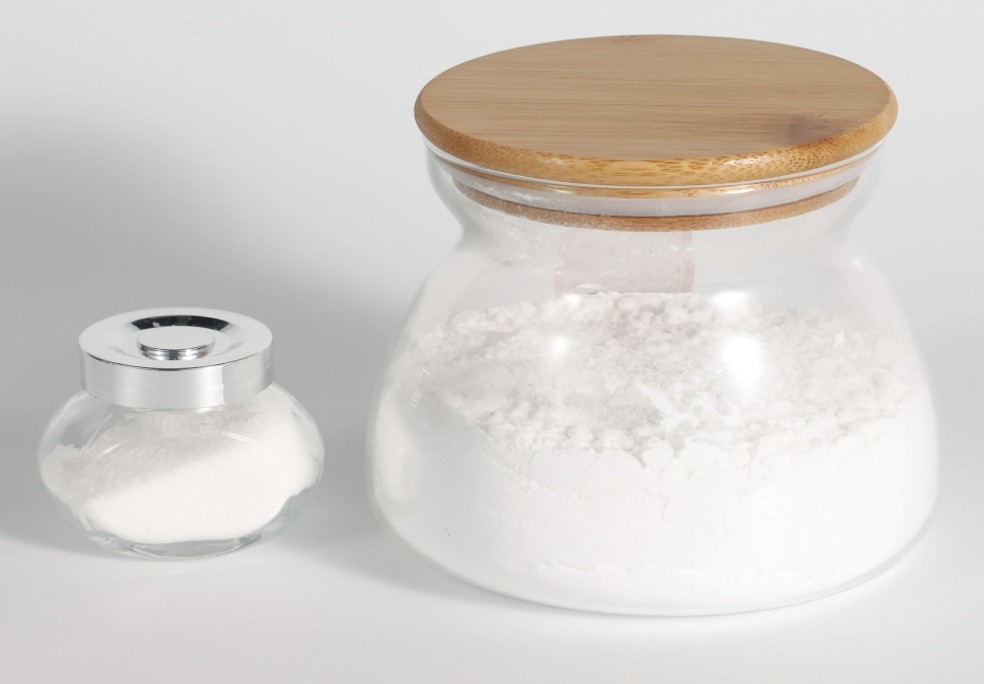Hydroxyprogesterone acetate (OHPA), sold under the brand name Prodox, is an orally active progestin related to hydroxyprogesterone caproate (OHPC) which has been used in clinical and veterinary medicine.It has reportedly also been used in birth control pills.OHPA is a progestin, or a synthetic progestogen, and hence is an agonist of the progesterone receptor, the biological target of progestogens like progesterone.
OHPA is a progestogen and acts as an agonist of the progesterone receptor (PR), both PRA and PRB isoforms (IC50 = 16.8 nM and 12.6 nM, respectively).It has more than 50-fold higher affinity for the PR isoforms than 17α-hydroxyprogesterone, a little less than half the affinity of progesterone, and slightly higher affinity than OHPC. Additional studies have reported on the affinity of OHPA for the PR.
OHPA is of relatively low potency as a progestogen, which may explain its relatively limited use.It is 100-fold less potent than medroxyprogesterone acetate, 400-fold less potent than chlormadinone acetate, and 1,200-fold less potent than cyproterone acetate in animal assays.In terms of producing full progestogenic changes on the endometrium in women, 75 tot 100 mg/day oral OHPA is equivalent to 20 mg/day parenteral progesterone, and OHPA is at least twice as potent as oral ethisterone in such regards.It is also reportedly more potent than OHPC.OHPA has been found to be effective as an oral progestogen-only pill at a dosage of 30 mg/day.






















